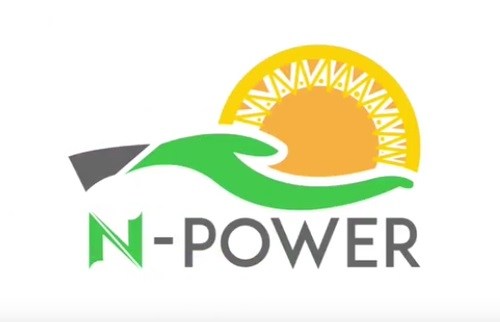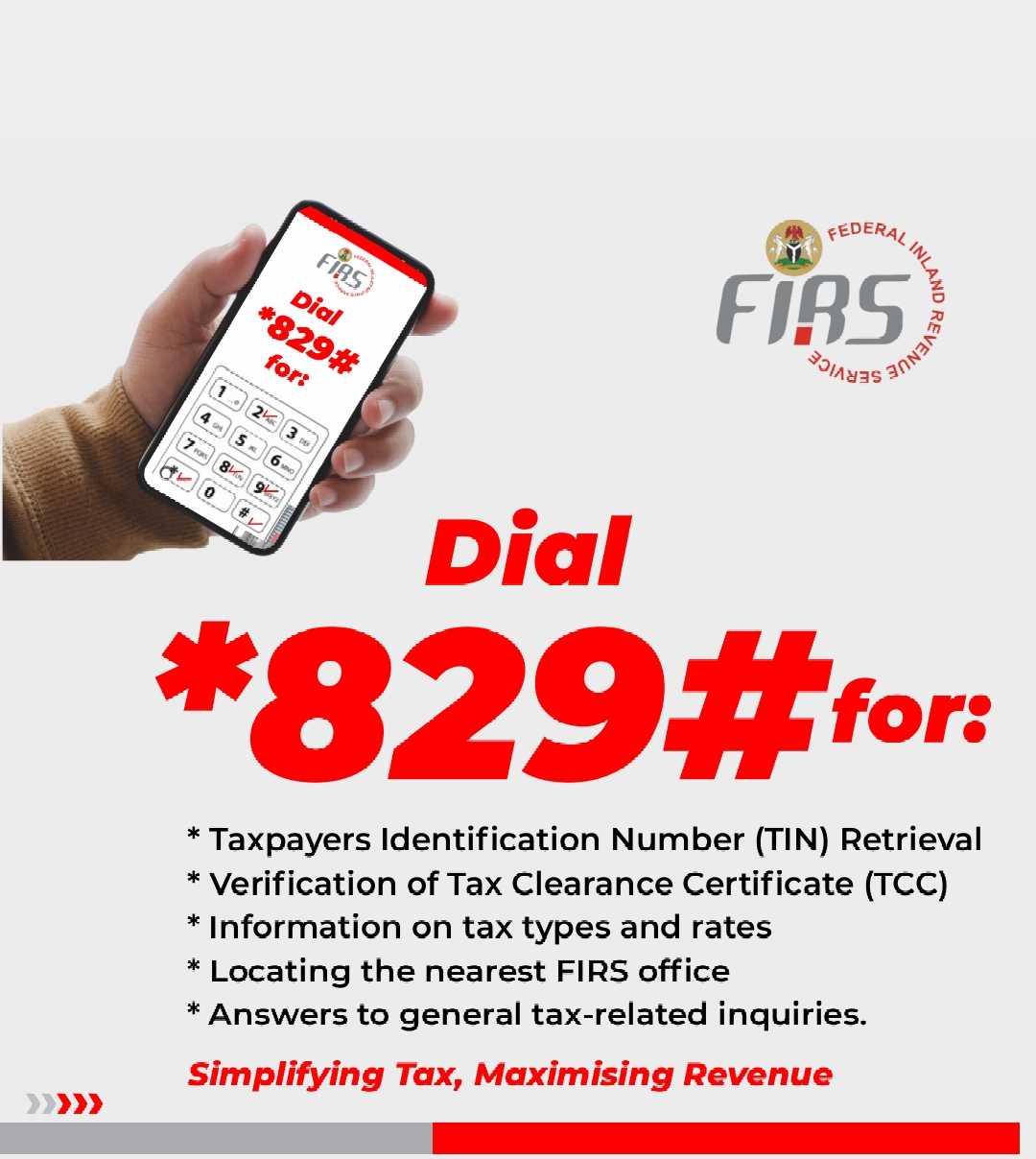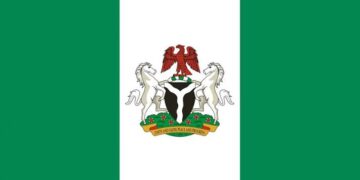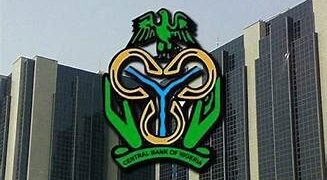The Muhammadu Buhari administration has concluded arrangements to deploy 300,000 new beneficiaries in the second batch of its N-Power Volunteers Corp. The deployment will be effective from 1st August.
With 200,000 beneficiaries currently benefitting from the programme, this means that by August, 500,000 unemployed Nigerian graduates will be beneficiaries of the scheme, which is a crucial part of the administration’s National Social Investment Programmes (N-SIP).
The N-Power Volunteer Corp scheme is designed to benefit all Nigerians irrespective of their backgrounds and is currently in the 36 states and the Federal Capital Territory (FCT), according to Laolu Akande, Senior Special Assistant to the President, Media and Publicity.
“President Muhammadu Buhari made it clear that the SIP would be a major programme of the administration because he was concerned about poverty and unemployment,” Vice President Yemi Osinbajo once said.
Osinbajo, left, with N-Power trainees in Enugu in May this year
In conjunction with all State N-Power partners, the new beneficiaries will be promptly deployed to their assigned Primary Places of Assignment (PPA) on or before the said date.
The final selection lists broken down in States/Local Government Area (LGA) for each of the (3) N-Power component would be circulated to all focal persons in the states and FCT by July 20, 2018.
All successfully deployed N-Power beneficiaries in the second batch will be engaged for two-years starting from August 1, 2018 to July 31, 2020.
In order to qualify for their first monthly payment stipend of N30,000 by August 31, 2018, all deployed volunteers are expected to upload on their N-Power portal page their stamped and signed confirmation of resumption on or before Friday, August 10, 2018.
Through the N-Power scheme, hundreds of thousands of young, unemployed Nigerian graduates have been empowered through training and skills acquisition in different areas of public services, including education (N-Teach), health (N-Health), agriculture (N-Agro), and building/construction (N-Build).
Each N-Power beneficiary learns entrepreneurial skills to enable him become a business person and become a professional on his own, while beneficiaries are given electronic devices to enhance their work and paid a N30,000 monthly.
State-based N-Power partners comprise, but are not limited to the following: N-Teach – State Universal Board for Education (SUBEB); State & Local Government Area (LGA) Offices for Adult Education Centres; State & LGA Offices for Nomadic Education; N-Agro – State & LGA Offices for Agriculture Development Programme (ADP); and N-Health – State & LGA Offices for Primary Health Care Board.














